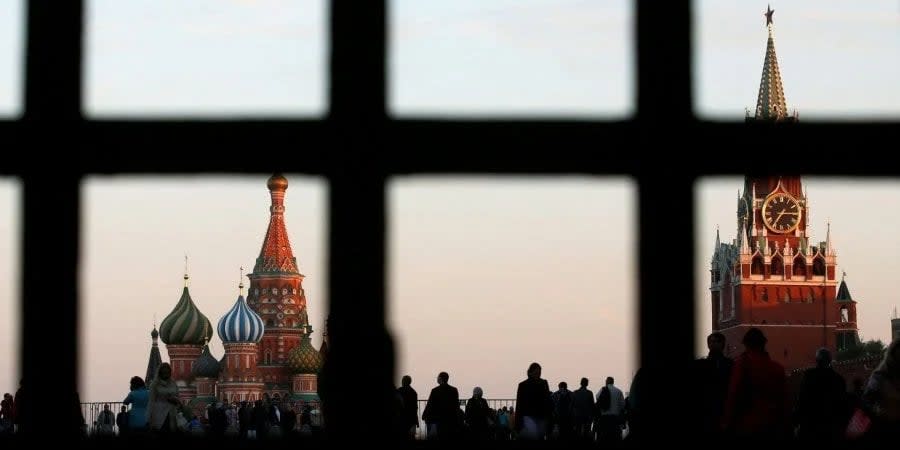EU agrees to ban several Russian propaganda outlets

European Union ambassadors have agreed to ban the broadcasting of several Russia-controlled media outlets in the EU, RFE/RL correspondent Ricard Jozwiak reported via Twitter on May 15.
Besides prominent Russian propaganda outlets such as RIA Novosti, Izvestia, and Rossiyskaya Gazeta, the ban also targets Moscow-controlled Voice of Europe platform.
“EU ambassadors just agreed an EU-wide broadcast ban on Voice of Europe, RIA Novosti, Izvestija and Rossiiskaja Gazeta,” Jozwiak wrote.
Read also: 16 MEPs collaborated with Medvedchuk's influence project — report
On March 29, a joint investigation by the German newspaper Spiegel and Denik N reported that German Bundestag member Petr Bystron had received funds from a "Russian influence network."
The Voice of Europe regularly published calls from European politicians to cease support for Ukraine, and some authors of those calls were allegedly paid, as stated by Denik N.
On March 28, Belgian Prime Minister Alexander De Croo said members of the European Parliament had received money from Moscow for spreading Russian propaganda. He elaborated on the "close cooperation" between Belgian and Czech special services in dismantling the Russian propaganda network.
On March 27, Czech Foreign Ministry imposed sanctions on Viktor Medvedchuk, a former Ukrainian MP and close ally of Russian dictator Vladimir Putin. A press release from the ministry indicated Medvedchuk had managed a "Russian influence operation" through the Voice of Europe platform.
We’re bringing the voice of Ukraine to the world. Support us with a one-time donation, or become a Patron!
Read the original article on The New Voice of Ukraine

